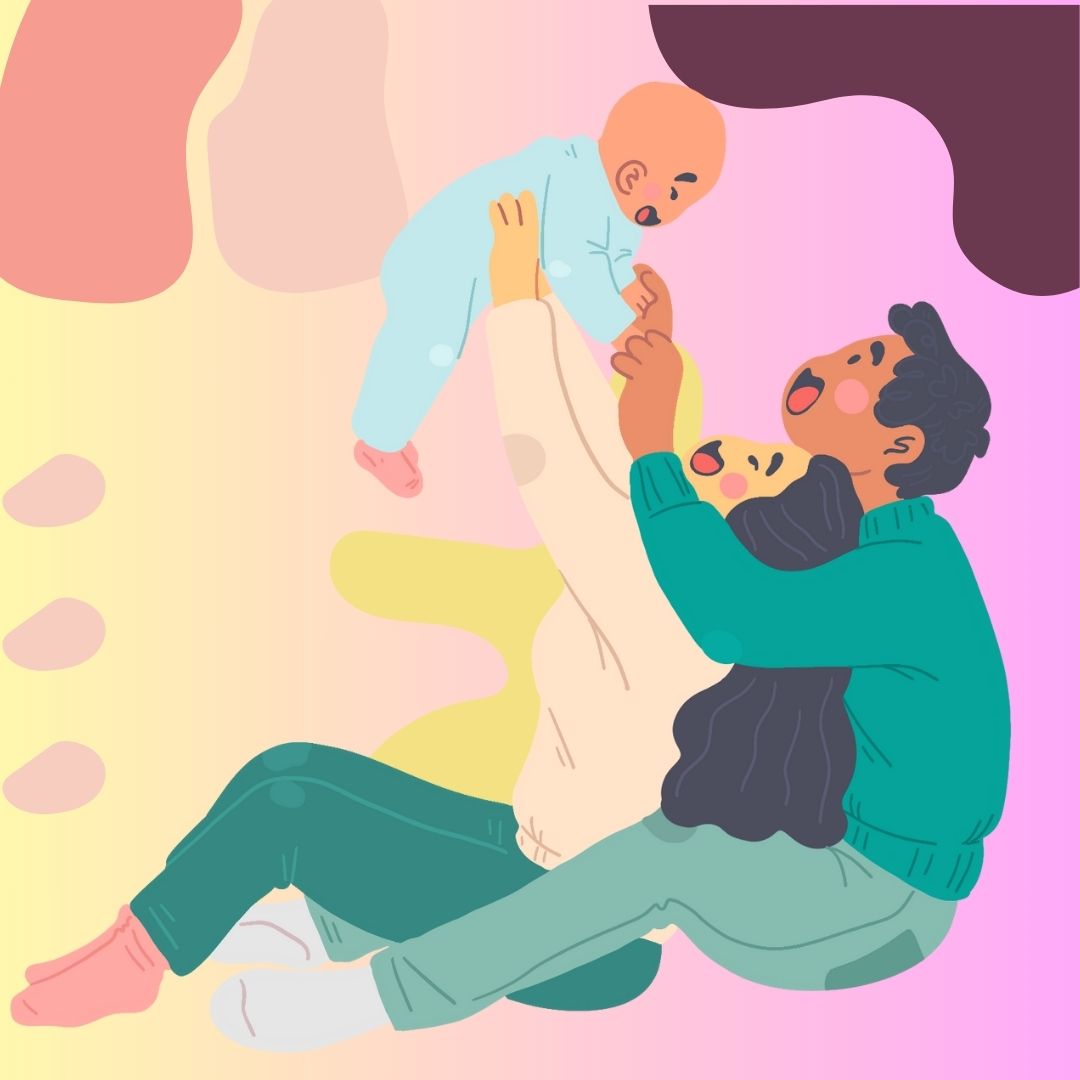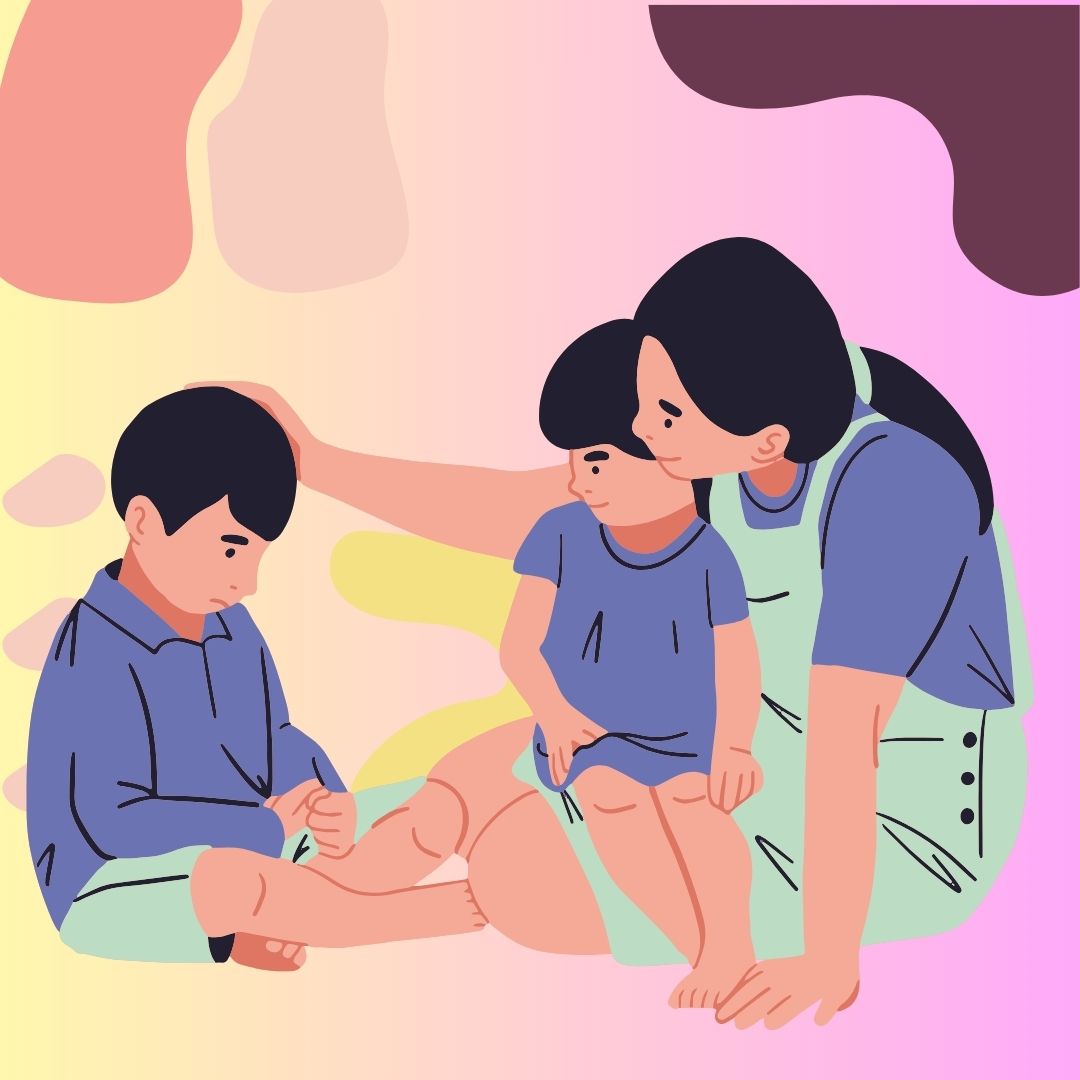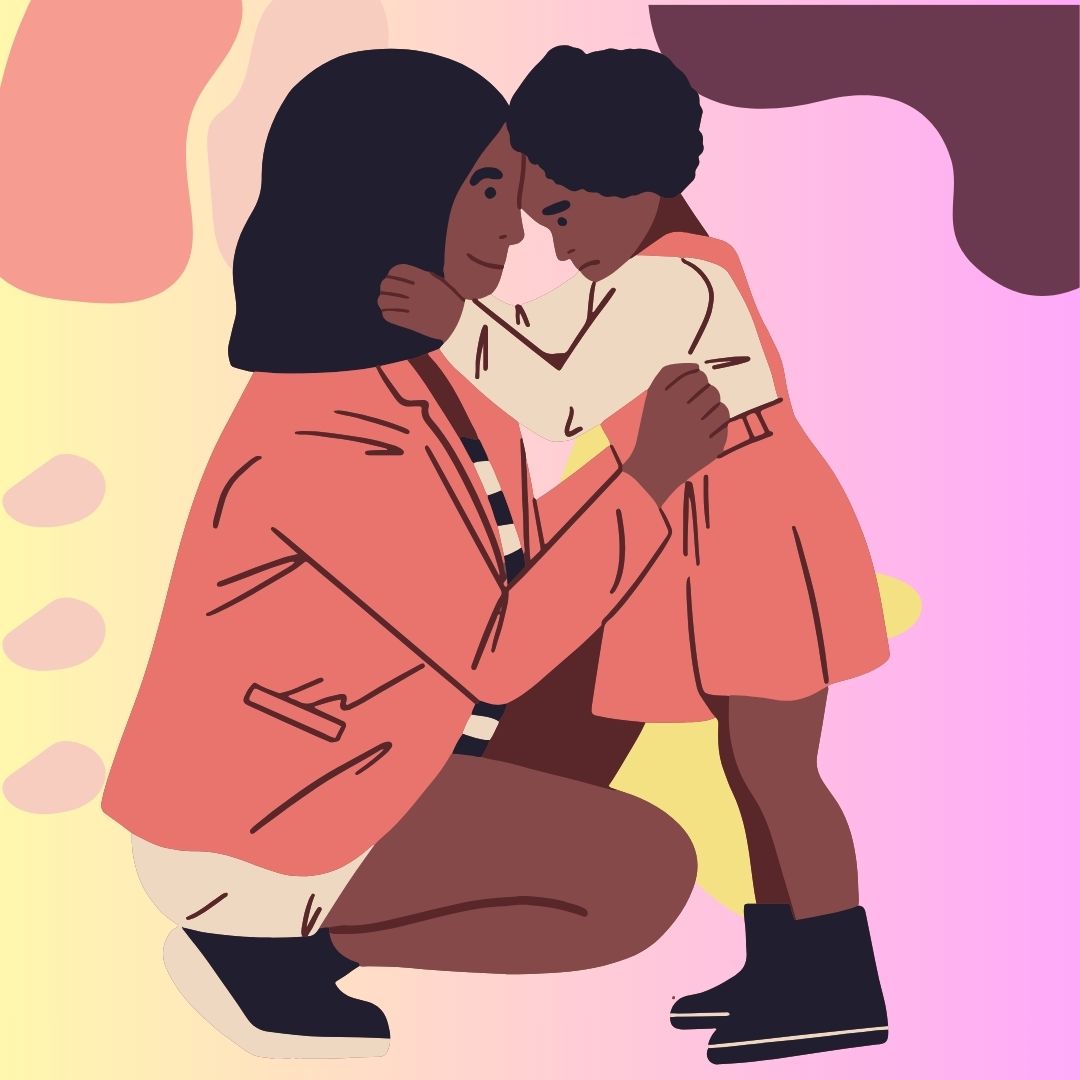Children are today’s citizens, but if we want to guarantee that their future is one that is full of opportunity and optimism, we must work actively in the present to defend them and their rights. To grow up healthy, children need the right amount of love, care, education, and protection. Healthy communities result in thriving societies.
Child rights convention explicitly articulates the responsibility of the state as well as the guardians to uphold the rights of the children so that the children can attain their fullest potential. Children’s meaningful participation in realizing their rights is also a key element. Hence a holistic approach is needed.
Empowering communities to uphold the rights of children:
The foundation of any strategy to successfully realize children’s rights in a given community can be considered to be community empowerment. For the full and harmonious development of his or her personality, a child should grow up in a family environment, in an atmosphere of happiness, love, and understanding, so it is crucial to educate parents/caregivers, the community, and children themselves about child rights. Children and communities that have been given power will stand up for and promote children’s rights. Key components of the empowerment process include education, skills, and resources.


Key Strategies we use for Empowering Communities
Education and Awareness:
Awareness raising and education on the rights of the child becomes mandatory in the empowerment process which encompass mainly the family and the community setting and therefore primarily looks into the aspects of ensuring a healthy environment at home and in the community for the holistic development of the child. Hence enhancing the knowledge of the caregivers/guardians, community and children themselves on child rights, violence against children which include physical, emotional, psychological punishments, child sexual abuse and exploitation, child trafficking, child labour, child marriage, children’s voices being unheard becomes important.
Skill-Building and Capacity Development:
Building skills and capacity is important because it enables the community and children to identify child rights violations, support families in fostering healthy parent-child relationships, connect with service providers, and advocate for the rights of children. These efforts are based on the empowerment model, which takes into account conditions, opportunities, attitudes, and capabilities. Positive parenting, appropriate responding and communication, child participation in decision making at home, maintaining an alcohol and gender-based violence free environment are skills that needs to support a conducive environment for children’s development. At the same time, the ability of children to stand up for their rights and express their opinions on issues involving them or having an impact on them is another important aspect of child development. Skill building and capacity development can be done at two levels one for adults using community platforms and the other for children using children’s platforms.


Strengthening Support Services:
Upholding child rights is every one’s business. Communities may use the existing community platforms or form into child-friendly committees to be watchdogs for violation of child rights would set the ground for the community level protection mechanism which needs to be connected to the prevailing child protection mechanisms at divisional and district level. All these mechanisms may need strengthening in terms of attitude, knowledge, skills and resources and become accessible to the communities and children at times of need.
Advocacy and Policy:
In the modern setting, changing policies and practices is a crucial component to completely achieving children’s rights. Children and community members who are empowered can engage in a range of advocacy efforts to influence policy and practice.
Collaboration and Partnership
Collaboration and Partnerships will immensely contribute to the sustainability of the protection mechanism from grassroot to the national.
